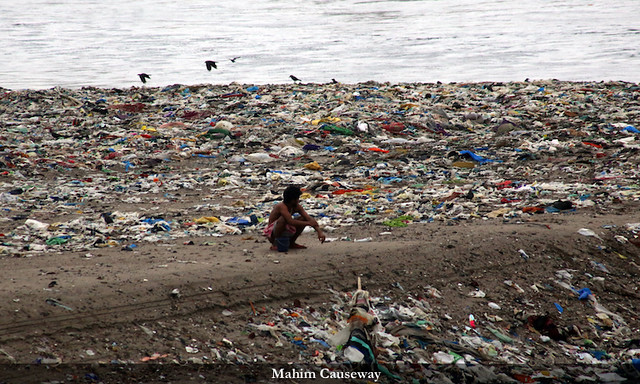Maharashtra CM Says Mumbai Free Of Open Defecation. That’s Not What We Found

Maharashtra chief minister Devendra Fadnavis congratulated Mumbai and the Brihanmumbai Municipal Corporation (BMC) after the city was certified open-defecation free (ODF) by the Quality Council of India (QCI), a government regulator.
The CM congratulated Municipal Commissioner Ajoy Mehta for the achievement.
Great news for Mumbai !
— Devendra Fadnavis (@Dev_Fadnavis) 7 July 2017
Congratulations to all Mumbaikars!
Mumbai becomes Open Defacation Free (ODF).
Good job BMC and Shri Ajoy Mehta ! pic.twitter.com/WfIQJQmeSs
An IndiaSpend photographer investigated the claim and found that people defecating in the open was common in many areas administered by the BMC.

Photo courtesy: Emmanual Yogini
IndiaSpend contacted the offices of chief minister Fadnavis and commissioner Mehta, asking for reactions. No comment was forthcoming.
A city/ward can be declared ODF if, at any point of the day, no person is found defecating in the open, according to the definition laid down by the QCI.
Based on the methodology and guidelines they follow, a city will need to achieve the following infrastructure and regulatory guidelines to be declared ODF by the QCI:
- All households that have space to construct a toilet must have constructed a toilet.
- All occupants of households that do not have space to construct toilets have access to a community toilet within a distance of 500 meters.
- All commercial areas have public toilets within a distance of 1 km.
- City has a mechanism in place through which fines are imposed on people found defecating in the open
The QCI officially revalidated Greater Mumbai--an area of 437.7 sq km with over 12 million people--as ODF on July 6, 2017. The area includes the old island city, the western and the eastern suburbs of Mumbai, all administered by the BMC.
The Swacch Bharat (Urban) initiative, which is part of the Swacch Bharat Mission (SBM, Clean India Mission), has no recorded information of these areas being declared ODF.
The protocol followed by the SBM to declare any city ODF is the same as the QCI’s. The SBM has not declared Mumbai or suburban Mumbai ODF.


